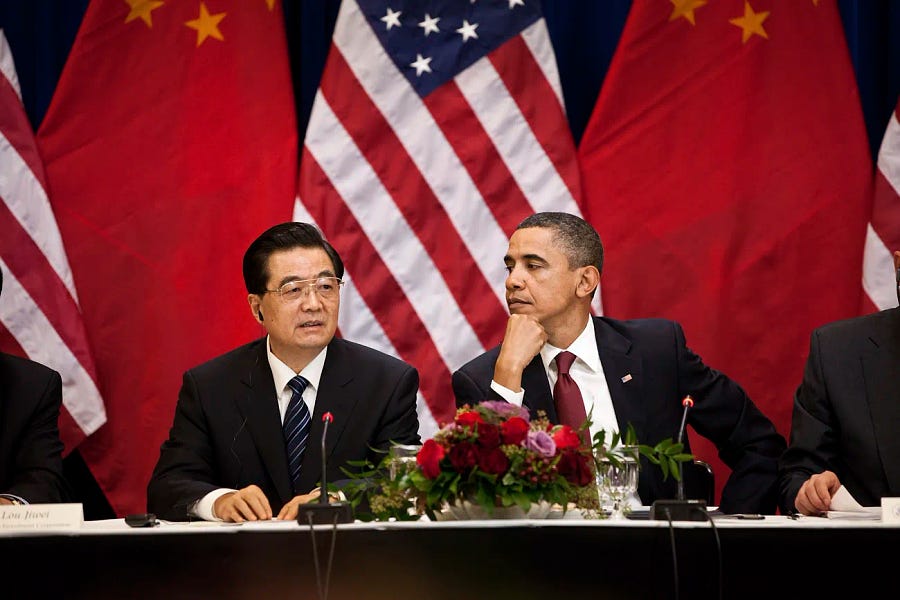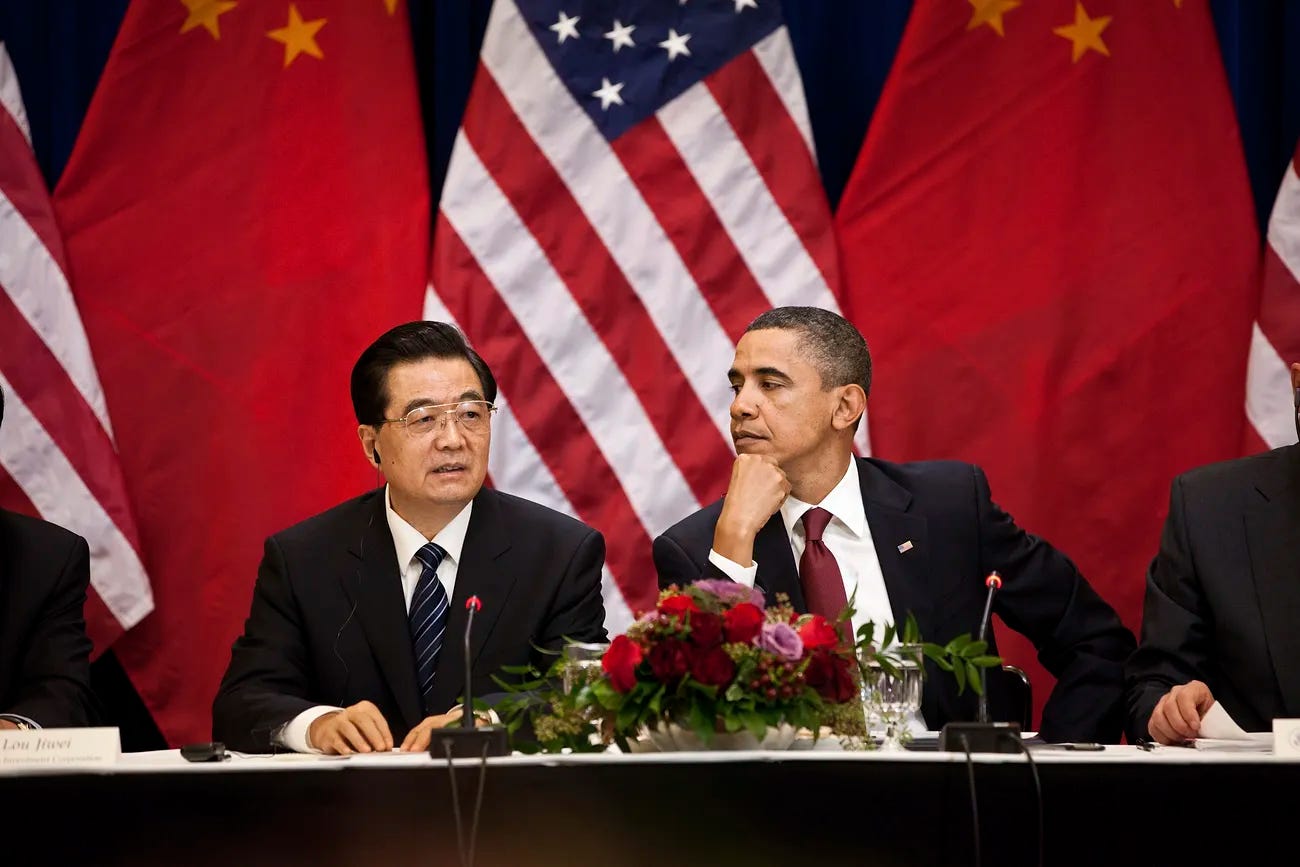Back in October I wrote a post about U.S.-China decoupling, rather melodramatically titled “The end of the system of the world”. It was a brief review of how the U.S. and Chinese economies became co-dependent in the 2000s and 2010s, and why both countries became dissatisfied with the status quo, and what drove the eventual rupture.
In the month since I wrote that post, signs of decoupling have slowly increased. The WSJ reports that Apple is accelerating its plans to move production out of China. And U.S. orders of Chinese manufactured goods have plunged, even as U.S.-Europe trade has surged:
U.S. manufacturing orders in China are down 40 percent, according to the latest CNBC Supply Chain Heat Map data. As a result of the decrease in orders, Worldwide Logistics tells CNBC it is expecting Chinese factories to shut down two weeks earlier than usual for the Chinese Lunar New Year…The global trading map is being rapidly redrawn, with EU-U.S. trade and investment in U.S. rising sharply…This year, the U.S. has imported more goods from Europe than China – a big shift from the 2010s[.]
And thanks to U.S. export controls, semiconductor companies are scrambling to build new factories outside of China.
We’re still a very, very long way from full decoupling. There will be a lot of political resistance to export controls among U.S. allies, who tend to care about profits more and geopolitics less. And China’s position as the world’s workshop in less strategic industries is more secure than in militarily sensitive high-tech sectors like chips. But slowly, the realization seems to be sinking in all over the world that the shape of globalization is headed for a change.
I’ll be writing a lot about decoupling in the months and years to come. Today’s post, however, is another retrospective, about some of the many ways that the “Chimerica” system reshaped U.S. society. Remember that the simplest statement of Chimerica was that China became the world’s workshop, while the U.S. became the world’s research park. That transformation changed where Americans live, what our careers and life paths look like, how we build wealth, and the whole class structure of our society.



